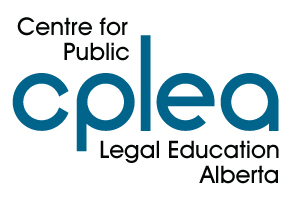This site is about the history of Canada through the words of the men and women who shaped the nation. Built around the Government Documents collection of the Early Canadiana Online collection, it integrates narrative text with links to primary source texts. The site has been designed for students and teachers of Canadian studies, history and law, but will also be useful to researchers and anyone else interested in Canada's past.
Canada/Federal
The Centre for Constitutional Studies was established in the fall of 1987 as a result of the collaborative efforts of the Departments of History and Political Science and the Faculty of Law at the University of Alberta. The Centre was founded to encourage and facilitate the interdisciplinary study of constitutional matters both nationally and internationally. The Centre's research activities are complemented by an education programme consisting of public lectures, conferences and publications. The Centre also serves as a clearing house for information and materials relevant to constitutional studies.
The Churchill Society for the Advancement of Parliamentary Democracy is a non-partisan, charitable organization that honours the life of Sir Winston Churchill by facilitating education, discussion and debate about Canada’s parliamentary democracy.
Stay up to date with changes in constitutional law in Alberta at LawNow.org. Visit to read a collection of articles on the law and the Canadian constitution.
This consolidation contains the text of the Constitution Act, 1867 (formerly the British North America Act, 1867), together with amendments made to it since its enactment, and the text of the Constitution Act, 1982, as amended since its enactment. The Constitution Act, 1982 contains the Canadian Charter of Rights and Freedoms and other provisions, including the procedure for amending the Constitution of Canada.
This resource is provided by Canadian Legal FAQs, a website of the Centre for Public Legal Education Alberta. It explains the areas of responsibility of the different levels of government in Canada.
These FAQs are provided by the Canadian Legal FAQs, a website of the Centre for Public Legal Education Alberta. These FAQs provide information about constitutionally-protected French-language minority rights outside of Québec and are divided into 5 sections: General Information; Education Rights; Rights Regarding Government Services and Communications; Rights Regarding Access to Legislation and Government Publications; and Judicial Rights.
This online source of the consolidated Acts and regulations of Canada is provided by the Department of Justice Canada. The consolidations are generally updated on a weekly basis.
The David Asper Centre for Constitutional Rights is a centre within the University of Toronto, Faculty of Law devoted to advocacy, research and education in the areas of constitutional rights in Canada. The Centre aims to play a vital role in articulating Canada's constitutional vision to the broader world. The cornerstone of the Centre is a legal clinic that brings together students, faculty and members of the bar to work on significant constitutional cases and advocacy initiatives








Follow CPLEA